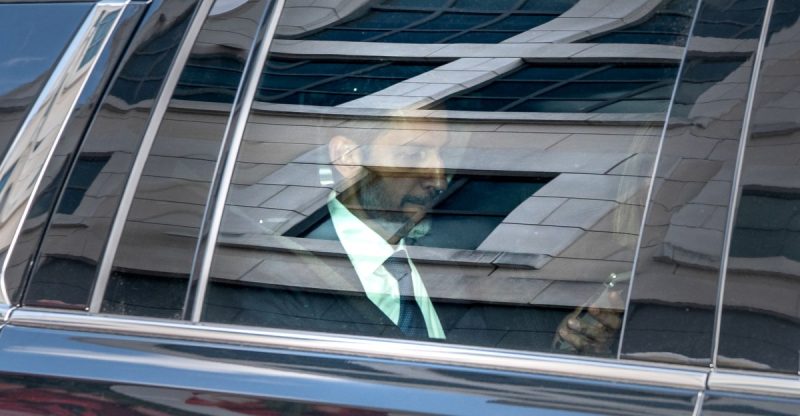
Google CEO Sundar Pichai delivered a stark warning during the remedies phase of the company’s antitrust trial. He testified that the Department of Justice’s (DOJ) proposed solution to Google’s search monopoly could be so detrimental that it might render continuing development of the search engine unfeasible.
Pichai, called to the stand by Google’s defense, highlighted the company’s massive R&D investments, totaling approximately $49 billion last year alone. He then focused on the DOJ’s plan to force Google to share its search data and index with competitors at ‘marginal cost’. He argued this would be catastrophic, enabling competitors to essentially reverse-engineer Google’s technology stack, eliminating Google’s competitive edge built over years of development and investment.
The CEO expressed serious concerns about Google’s ability to justify its continued investment in search innovation if it were forced to essentially give away its technological advancements. He emphasized the difficulty of funding innovation under such circumstances, casting doubt on the future of Google Search as it currently exists.
The DOJ’s counterargument centers on the idea that forcing Google to share its data is necessary to dismantle Google’s dominant position, which the government views as a ‘vicious’ cycle of data accumulation and market control. Google, however, maintains its success stems from superior product development and substantial investment.
The testimony also covered other proposed remedies, including the potential forced sale of Chrome. Pichai argued that no other company possesses the resources or commitment to maintain Chrome’s security, privacy, and overall quality at Google’s current level of investment; a claim supported by his testimony regarding Google’s billion-dollar investment in Chrome over the last year and tens of billions over the past decade. He noted that while other browsers utilize Google’s open-source Chromium infrastructure, Google is responsible for over 90% of its code and commits.
The role of AI also featured prominently in the questioning. Pichai reiterated his belief in AI’s transformative potential, stating that its impact could surpass that of fire or electricity. While acknowledging overlaps between AI chatbots and search engines, he emphasized that the possibilities are expansive and not necessarily a zero-sum game. He further highlighted AI’s potential to profoundly reshape Google Search.
Pichai’s testimony also addressed Google’s search placement deals, including its relationship with Apple. He argued for the continued allowance of such deals, provided they remain non-exclusive. He confirmed that Google is actively working towards a deal to integrate its Gemini AI into Apple Intelligence by mid-year, underscoring a move toward multi-provider deals, a departure from Google’s previous practices.
In essence, Google’s defense hinges on the argument that its success is a result of superior product development and massive investment, not monopolistic practices. The DOJ’s response is that only by forcing data sharing can a level playing field be achieved. Pichai’s testimony aimed to persuade the court that the proposed remedies would not just benefit competitors but would also cripple Google’s ability to innovate, essentially rendering its intellectual property worthless if shared at marginal cost.










